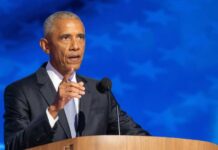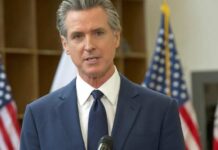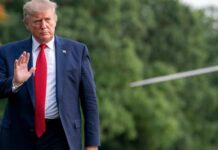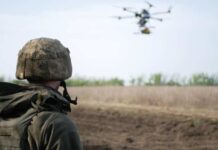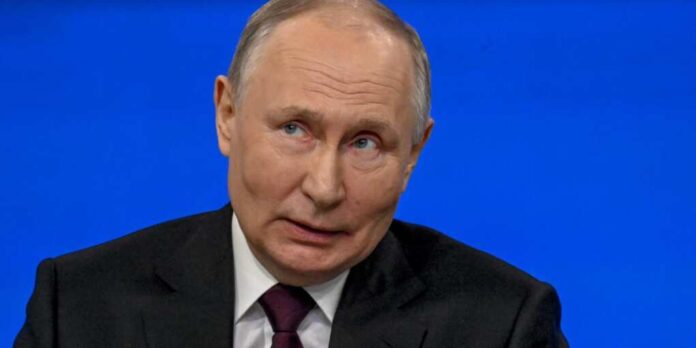
As peace negotiations with Ukraine stall out, Russian President Vladimir Putin is doubling down. On Tuesday, he ordered the largest military draft Russia has seen in over a decade — 160,000 men between the ages of 18 and 30 are now set to be conscripted between April and July.
The timing is no coincidence. The order comes just days after President Donald Trump expressed growing frustration with Moscow’s lack of progress on a ceasefire deal, warning that if Putin keeps stalling, Russia will face devastating “secondary tariffs” on its oil exports.
Trump told NBC News, “If Russia and I are unable to make a deal on stopping the bloodshed in Ukraine, and if I think it was Russia’s fault — which it might not be — but if I think it was Russia’s fault, I am going to put secondary tariffs on oil, on all oil coming out of Russia.”
Ukrainian President Volodymyr Zelensky isn’t holding back either. On March 27, he publicly accused Russia of dragging its feet in the talks and called on Trump to apply “strong pressure” to bring Putin back to the table. That same week, Russia begrudgingly agreed to a limited ceasefire for commercial ships in the Black Sea — but broader progress has been elusive.
White House Press Secretary Karoline Leavitt echoed Trump’s view, slamming Russia for its intransigence and calling the latest moves “unacceptable.” Meanwhile, Putin’s draft announcement is widely seen as an ominous signal that Russia may be preparing for a longer, bloodier slog.
This marks Russia’s biggest conscription wave since spring 2011, when 200,000 men were called up. The war, now grinding through its third year, has left at least 100,000 Russian soldiers dead, with some estimates going even higher. While frontlines have barely moved in recent months, the Kremlin’s decision to dramatically boost troop numbers indicates it’s still committed to outlasting Ukraine — even if it comes at enormous human cost.
For Putin, the gamble is clear: flood the battlefield with fresh troops while betting on U.S. and European war fatigue. But that strategy may soon backfire. Trump is signaling he’s had enough with the delays — and if Moscow pushes too far, Russia could find itself financially isolated, with U.S. tariffs hammering its lifeline oil exports.
The Russian Foreign Ministry did not respond to requests for comment. But the message from Washington and Kyiv is unmistakable: the clock is ticking, and patience is wearing thin.

